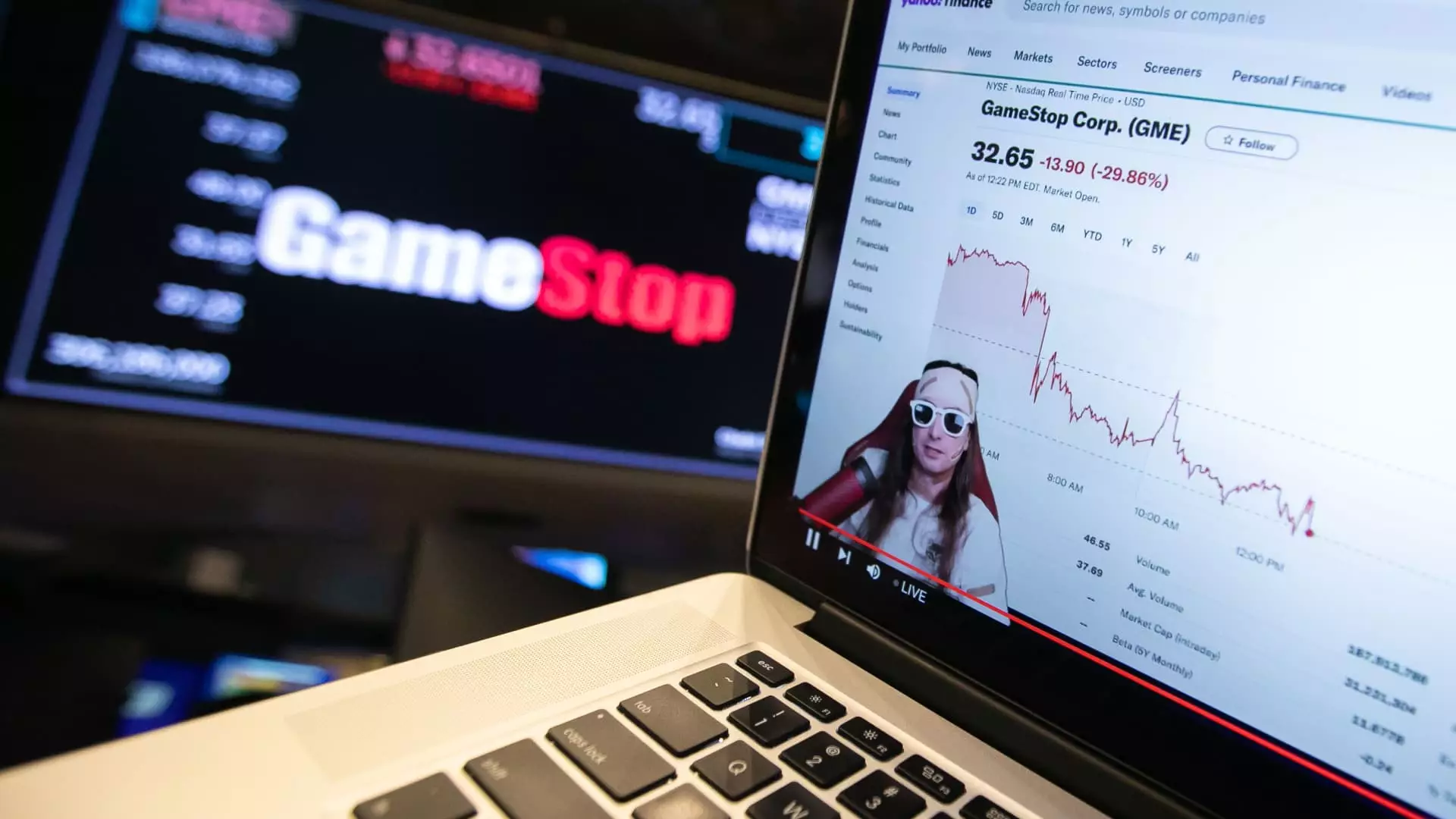As Roaring Kitty, also known as Keith Gill, observes the fluctuating GameStop shares, he faces a tough decision regarding his substantial options position that is nearing expiration. His current holdings include 5 million GameStop common shares and 120,000 call options, representing 12 million underlying shares. The call options have a strike price of $20 and an expiration date of June 21. With the stock trading around $30, Gill may find himself in a challenging situation if the calls end up profitable.
If the stock price remains above $20 by the expiration date, Gill could exercise the options at $20 per share, allowing him to purchase an additional 12 million shares at a discounted price. However, this would require him to have $240 million to take custody of the stock. With only $29.4 million in his E-Trade account, Gill may struggle to come up with the necessary funds. The lack of capital could force his broker to liquidate the options before expiration to avoid potential risks.
In the event that Gill is unable to cover the costs of exercising the calls, E-Trade may step in to protect both parties. The brokerage has the authority to decline, cancel, or reverse a client’s orders at its discretion. If Gill fails to provide instructions, E-Trade could sell the contracts or submit a “do not exercise” order on his behalf. This intervention could be costly for Gill as it would result in a zero valuation of the options.
Speculations have arisen regarding Gill’s trading activities and their impact on the market. E-Trade has reportedly considered banning Gill from the platform due to concerns about market manipulation. Selling his calls early to secure a profit could be seen as manipulating the market, leading to potential consequences. The public perception of Gill as a trader could be tarnished if he were labeled a manipulator.
The Securities and Exchange Commission (SEC) has been monitoring GameStop’s options trading, while Gill is under investigation by the Massachusetts securities division. The regulatory bodies are closely monitoring the situation to ensure compliance with trading regulations and to prevent market manipulation. Gill’s actions could have far-reaching implications for the market and other traders involved.
As the expiration date approaches, Gill faces a critical decision regarding his options position. He could choose to roll the calls to a further expiration date, buy more time, and potentially exit the current position at a later time. However, this decision requires careful consideration and collaboration with his broker and risk management teams to mitigate potential risks. Holding the calls until expiration with the stock falling below $20 could result in a worthless position, costing Gill over $60 million.
Roaring Kitty’s dilemma with his GameStop options highlights the complexities and risks associated with substantial trading positions. As an individual trader with a sizable following, Gill must navigate the challenges of managing his options position while adhering to regulatory requirements and market integrity. The outcome of his decision could have significant implications for his financial standing and reputation in the trading community.

